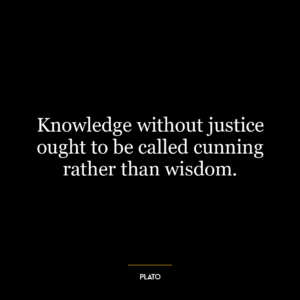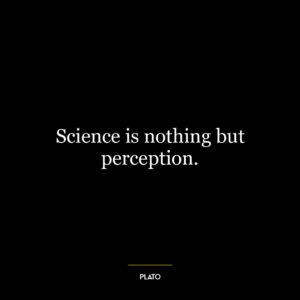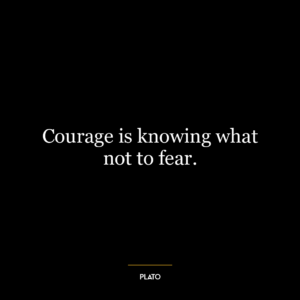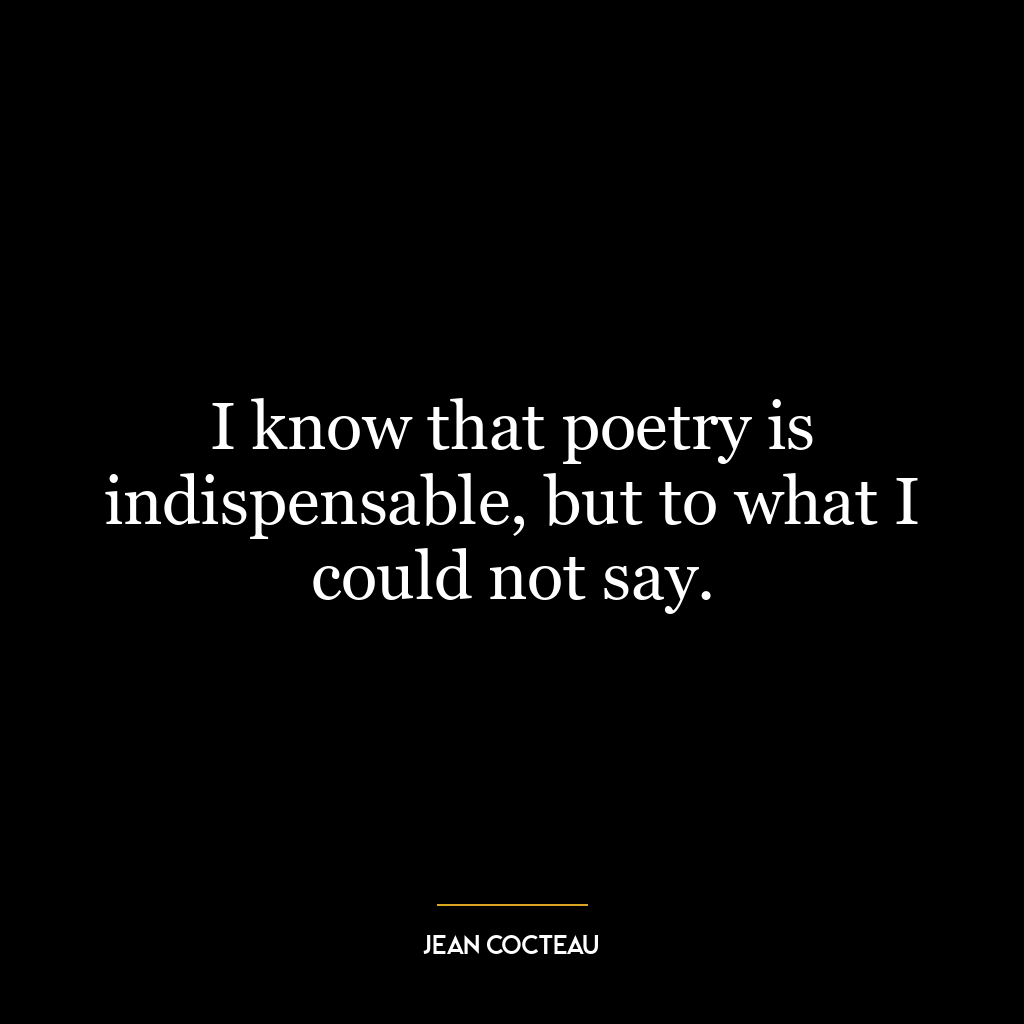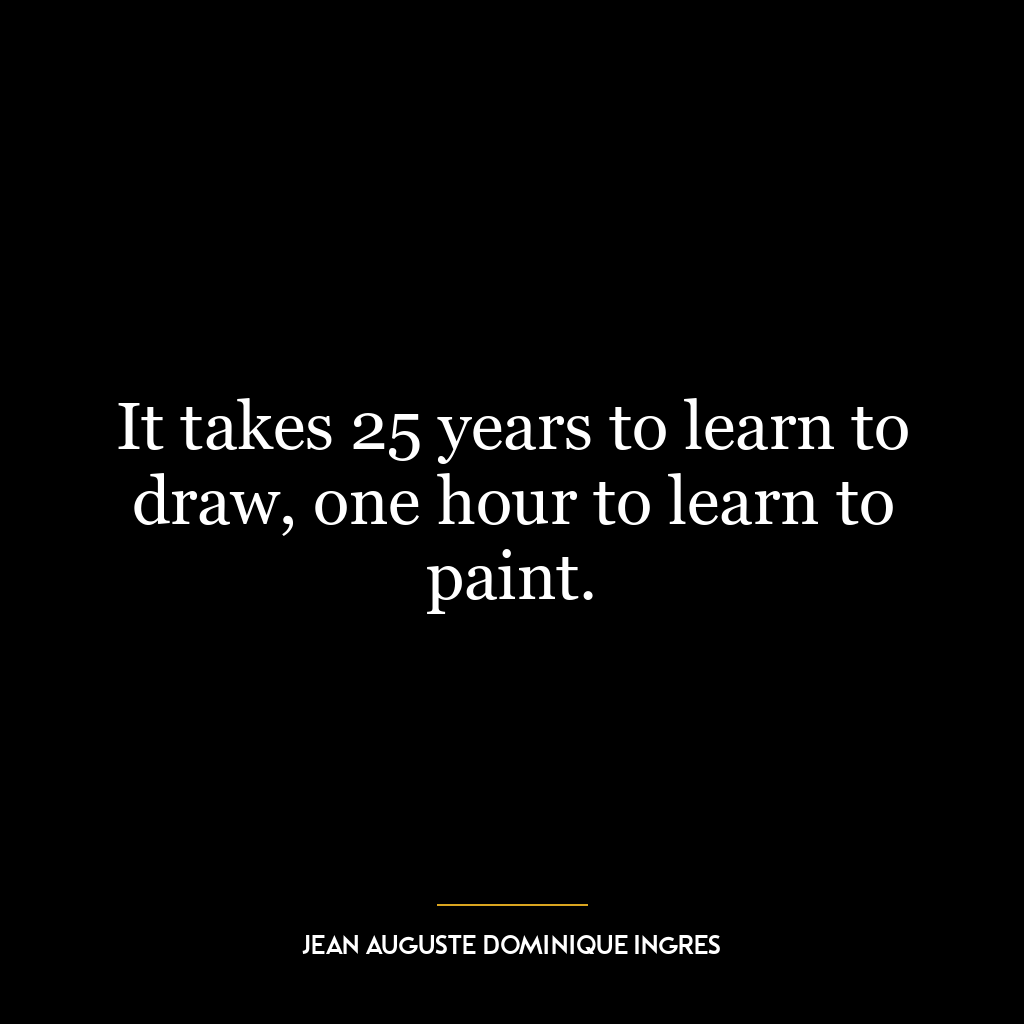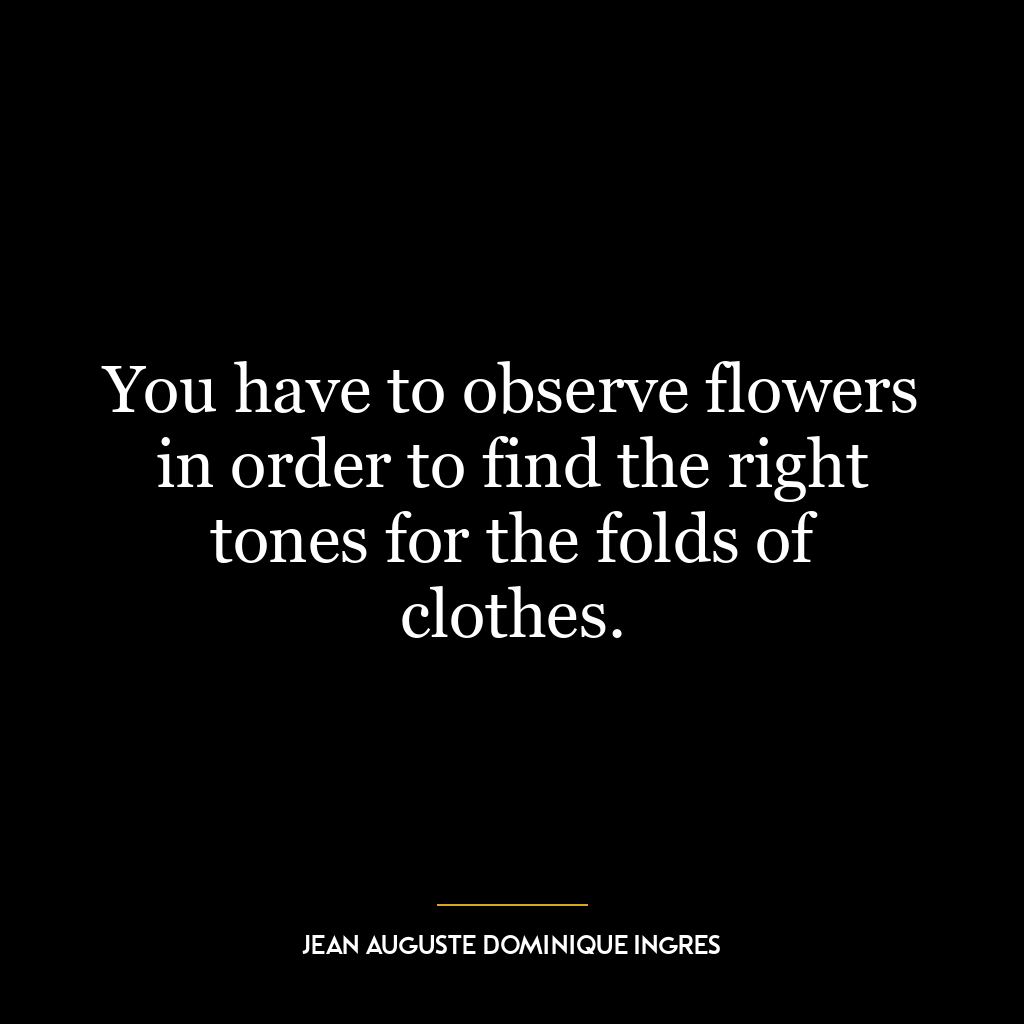Music is a more potent instrument than any other for education.
This quote suggests that music has a powerful influence on the process of education, more so than any other tool or method. The idea behind this is that music is a universal language that can transcend cultural, linguistic, and social barriers. It can evoke emotions, stimulate the mind, and enhance cognitive functions. It can foster creativity, improve memory, and facilitate learning. In essence, music can touch the soul and stimulate the intellect in a way that no other educational instrument can.
In terms of depth, this quote also implies that music has the ability to shape character and influence behavior. It can instill discipline, promote teamwork, and cultivate patience. It can teach individuals about history, culture, and humanity. It can help individuals understand complex concepts, appreciate different perspectives, and develop critical thinking skills. All these are essential qualities and skills that are not only beneficial in the realm of education but also in life in general.
In today’s world, this idea could be applied in various ways. In the educational system, for instance, incorporating music in the curriculum could enhance the learning experience. It could make learning more engaging, enjoyable, and meaningful. It could help students develop a wide range of skills, from cognitive to emotional to social skills. It could also help students become well-rounded individuals who are not only knowledgeable but also emotionally intelligent and socially adept.
In personal development, this idea could be applied by using music as a tool for self-improvement. Listening to music could be a way to relax, relieve stress, and boost mood. Playing a musical instrument could be a way to improve coordination, concentration, and confidence. Writing or composing music could be a way to express emotions, explore ideas, and discover one’s identity. In these ways, music could be a potent instrument for personal growth and self-fulfillment.



